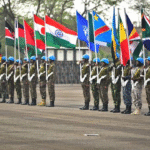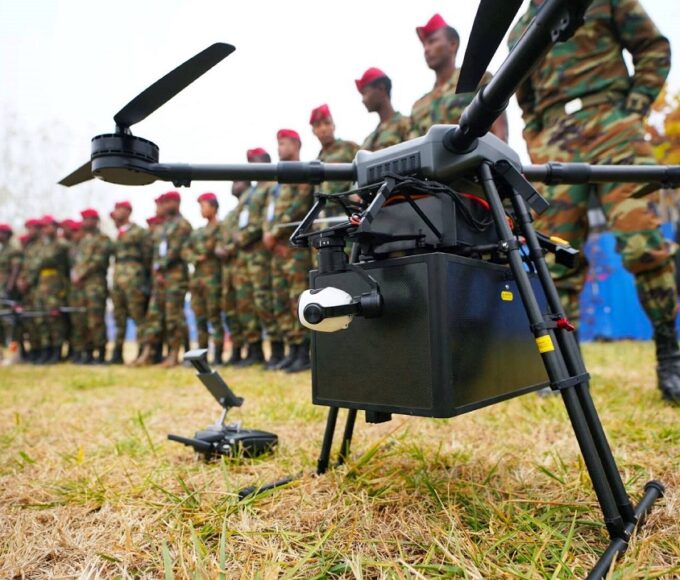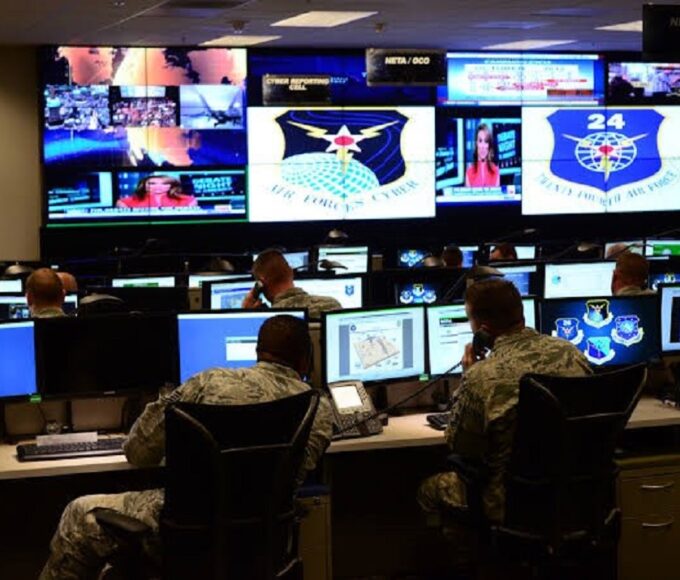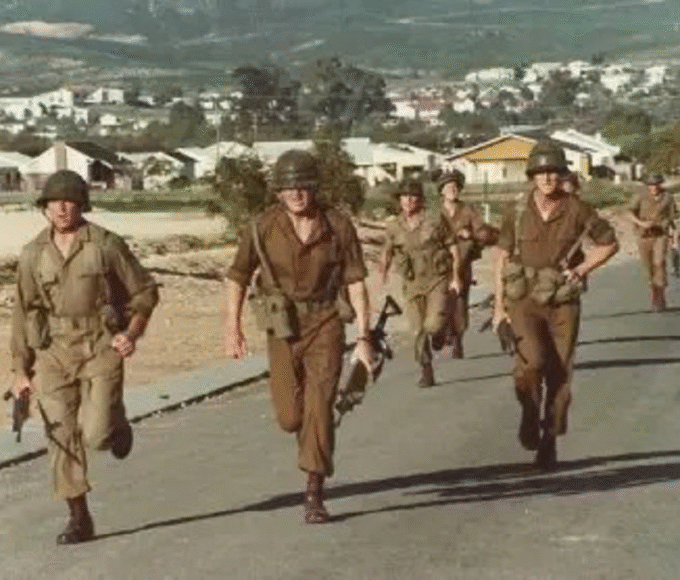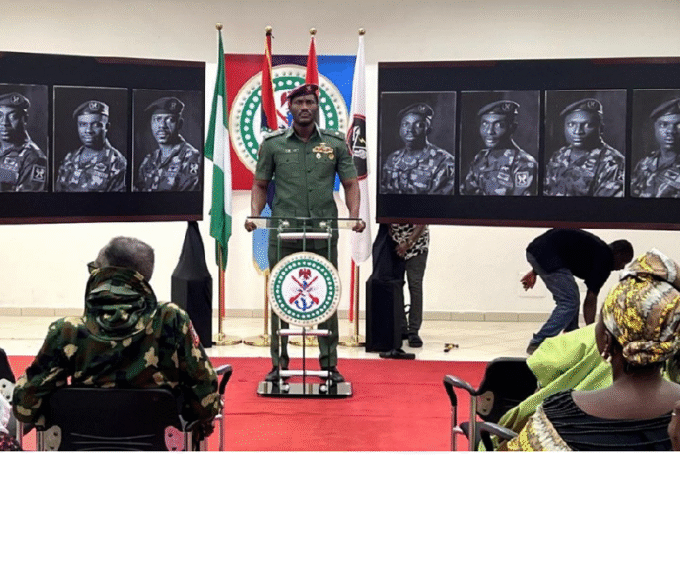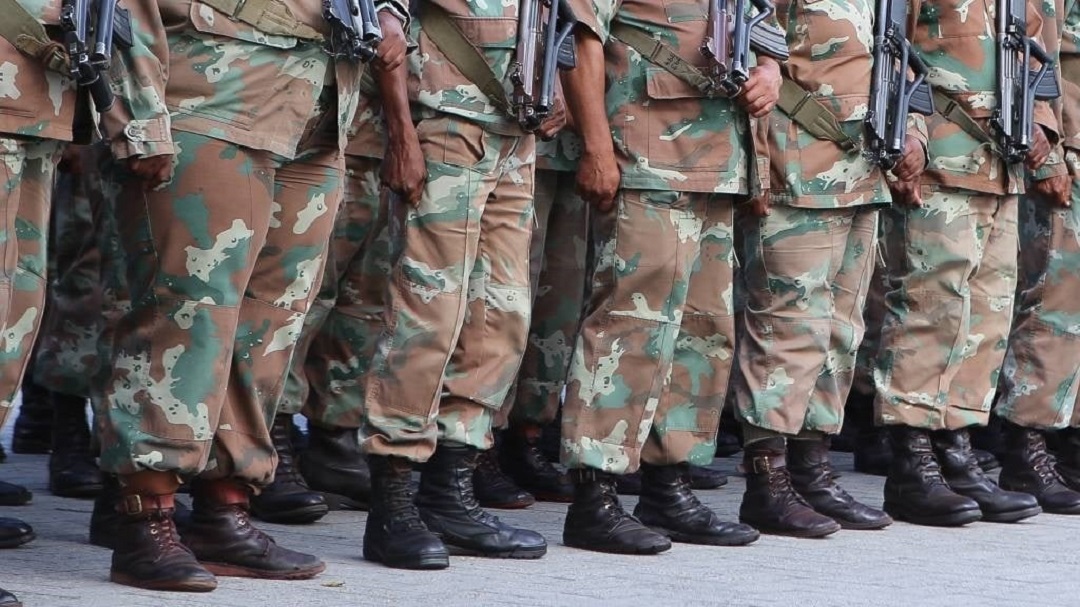
WAR WIDOWS AND FAMILIES AS SILENT STAKEHOLDERS IN DEFENSE
When the last shots of a war are fired, the battle rarely ends. For thousands of war widows and their families, conflict continues in quieter, more personal ways through grief that lingers, finances that strain, and communities that fade away. They live with the echoes of service long after the parades and medals, carrying both pride and pain in equal measure. These families are not just casualties of conflict; they are the unseen pillars of national defence, enduring its human costs while often being excluded from its benefits.
Despite their deep connection to military service, war widows and families remain on the margins of defence conversations. Policy debates tend to revolve around active service members, veterans, and strategic priorities, leaving behind those who shoulder the emotional, financial, and social aftermath of loss. Yet their resilience is a vital part of the defence ecosystem proof that a nation’s strength is measured not only by its armies and arsenals but also by how it cares for those who have sacrificed most.
Related Article: WOMEN IN DEFENCE –MARITIME WOMEN: BREAKING WAVES IN NAVAL LEADERSHIP
Historically, war widows have played a crucial role in shaping post-conflict societies. From the aftermath of the World Wars to modern operations in the Middle East, they have formed associations that evolved from small support circles into powerful advocacy groups.
One of the most profound challenges they face today is social isolation, compounded by the transient nature of military life. Research shows that military widows experience higher rates of loneliness and disconnection due to frequent relocations, loss of community ties, and stigma surrounding grief. For families of the missing, the pain takes another form the ache of uncertainty. Agencies like the Defence POW/MIA Accounting Agency in the U.S. work to identify remains and bring closure, yet many families continue to wait decades for answers that may never come.
This emotional strain is often deepened by financial hardship. The loss of a military spouse frequently means the loss of steady income, housing security, and access to key benefits. Unintended consequences of tax reforms, such as the 2017 U.S. changes to survivor benefits, have left many families with unexpected burdens. Despite bipartisan promises to correct the issue, delays have prolonged the financial anxiety of those already struggling to rebuild their lives. These economic injustices underscore a broader imbalance: defence budgets prioritize hardware over human welfare, leaving surviving families to navigate a maze of bureaucracy alone.
Support systems do exist, but their reach is uneven. In the UK, initiatives like the “Purple Pack” provide practical guidance on housing, bereavement paperwork, and benefits access, yet awareness and implementation vary by region. In Australia, royal commissions into veteran suicide have begun including war widows as key stakeholders, acknowledging the deep link between family welfare and veteran outcomes. Meanwhile, non-profits and researchers emphasize the importance of culturally informed mental-health services tailored to the unique experiences of military families.
Interestingly, war widows and families are finding stronger voices in public and policy spaces. In the United States, Gold Star family forums give survivors a platform to shape memorial design, policy reforms, and education initiatives. In the UK and Australia, widows now serve on steering committees for loneliness and resilience studies, ensuring that defence strategies incorporate family perspectives. This marks an important shift from viewing them as passive recipients of aid to recognizing them as active participants in shaping the moral and social fabric of national defence.
Their personal stories reveal the emotional cost of being forgotten. Some widows recount navigating endless bureaucracy to access pensions; others speak of raising children alone while feeling invisible to the systems their partners died serving. Families of missing soldiers describe annual updates that bring neither closure nor certainty. These testimonies humanize defence statistics, showing how intergenerational trauma can quietly endure when institutions fail to listen.
Recognizing war widows and families as core stakeholders in defence is not simply a moral duty it is a matter of strategic foresight. A resilient defence force depends on resilient families. When surviving spouses and children are supported, morale improves, recruitment strengthens, and the social fabric of service endures.
True defence readiness extends beyond weapons and strategy to the well-being of those who bear the consequences of war. Governments that prioritize widows’ welfare through stable funding, mental-health care, and inclusive policymaking send a powerful message: that sacrifice will not be forgotten once the uniforms are folded away.
King Richard Igimoh, Group Editor ALO
King Richard Igimoh, Group Editor African Leadership Organisation is an award-winning journalist, editor, and publisher with over two decades of expertise in political, defence, and international affairs reporting. As Group Editor of the African Leadership Organisation—publishers of African Leadership Magazine, African Defence & Security Magazine, and Africa Projects Magazine—he delivers incisive coverage that amplifies Africa’s voice in global security, policy, and leadership discourse. He provides frontline editorial coverage of high-profile international events, including the ALM Persons of the Year, the African Summit, and the African Business and Leadership Awards (ABLA) in London, as well as the International Forum for African and Caribbean Leadership (IFAL) in New York City during the United Nations General Assembly.
Recent Posts
Categories
- Air & Aerospace17
- Border Security15
- Civil Security6
- Civil Wars4
- Crisis5
- Cyber Security8
- Defense24
- Diplomacy19
- Entrepreneurship1
- Events5
- Global Security Watch6
- Industry8
- Land & Army9
- Leadership & Training5
- Military Aviation7
- Military History27
- Military Speeches1
- More1
- Naval & Maritime9
- Policies1
- Resources2
- Security12
- Special Forces2
- Systems And Technology9
- Tech6
- Uncategorized6
- UNSC1
- Veterans7
- Women in Defence9
Related Articles
AFRICA’S ROBOTICS REVOLUTION ON THE BATTLEFIELD
Across Africa’s conflict zones from the Sahel’s desert plains to the forests...
ByKing Richard Igimoh, Group Editor ALODecember 15, 2025ONLINE WAR COLLEGES: CAN AFRICA BENEFIT FROM DIGITAL LEARNING?
Africa’s militaries face a pressing paradox: they are among the most active...
ByKing Richard Igimoh, Group Editor ALONovember 17, 2025THE SOUTH AFRICAN BORDER WAR (1966–1989) MILITRAY STRATEGY AND LEGACY
The South African Border War, fought between 1966 and 1989, was a...
ByKing Richard Igimoh, Group Editor ALOOctober 28, 2025THE SILENT CRISIS: PTSD AMONG AFRICA’S MILITARY VETERANS
Across Africa, where wars and insurgencies have scarred nations for decades, a...
ByKing Richard Igimoh, Group Editor ALOSeptember 19, 2025






